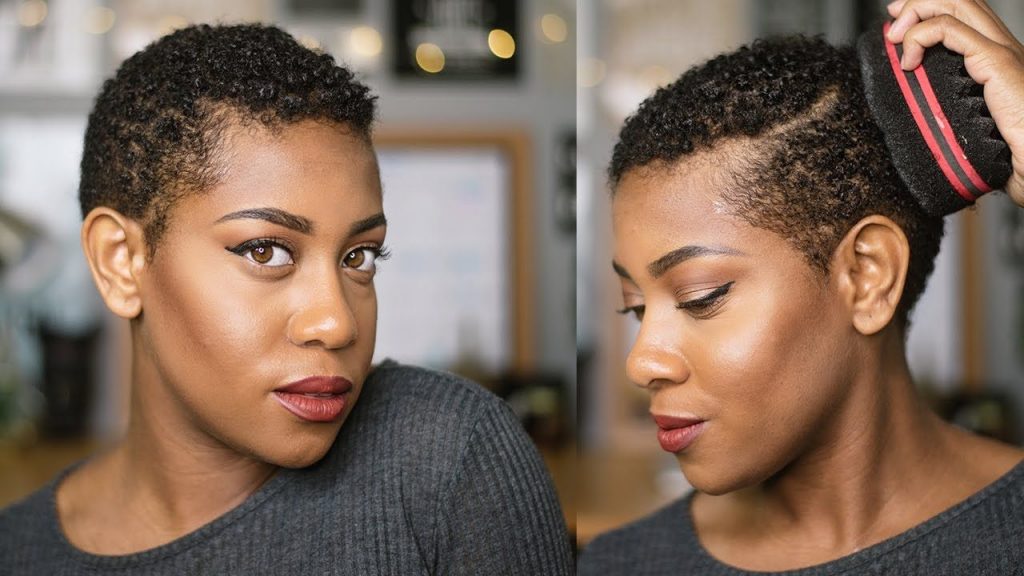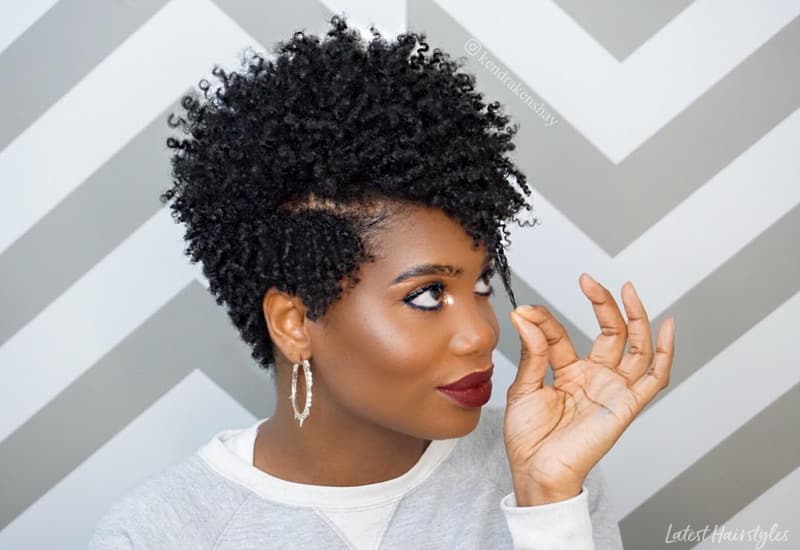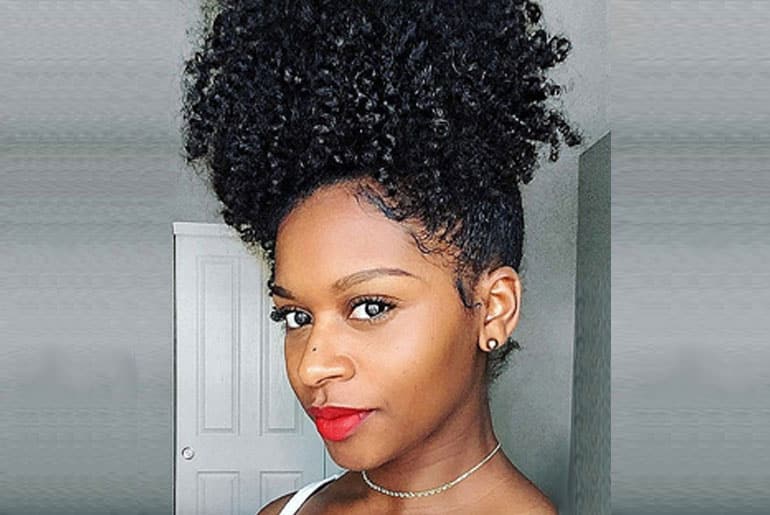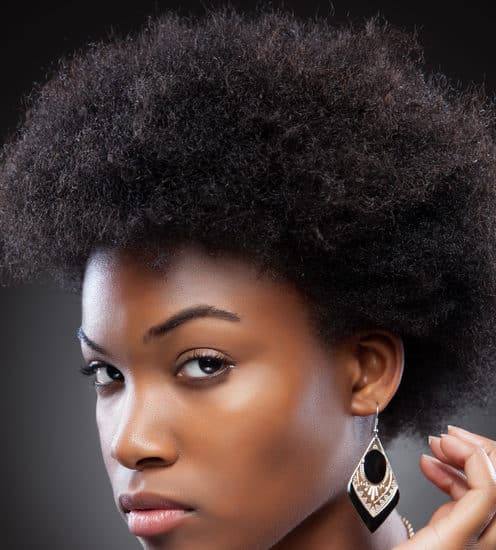The African Natural Hair movement has a rich historical background that is deeply rooted in African civilization. From the 1940s until today, Africans have been known for their Afro-textured hair, which differs from the smooth texture of Europeans.

Historically, hairstyles could indicate a person’s family background, tribe, and social status in African civilizations. However, during colonial rule, many Africans were forced to adopt European hairstyles and standards of beauty. This led to the widespread use of relaxers and other chemical treatments to straighten hair.

After colonial rule, Africans dispersed across the globe due to the slave trade, and the natural hair movement began to gain momentum in the 1960s as a way to reclaim cultural identity and resist Eurocentric beauty standards.
Today, the natural hair movement is experiencing a resurgence in popularity as more and more African women are embracing their hair texture and opting for chemical-free hair care methods. In Ghana, for example, the craze for natural afro-textured hair is on the rise, and women are experimenting with different ways to style and flaunt their natural hair.

As more people embrace their natural hair, there is a renewed sense of pride in African heritage and cultural identity. The natural hair movement is not just a fashion statement but also a form of resistance against the beauty standards that have been imposed on black women for centuries. It is a celebration of diversity, individuality, and self-love.
READ NEXT ON: 5 steps to achieving mental health






































